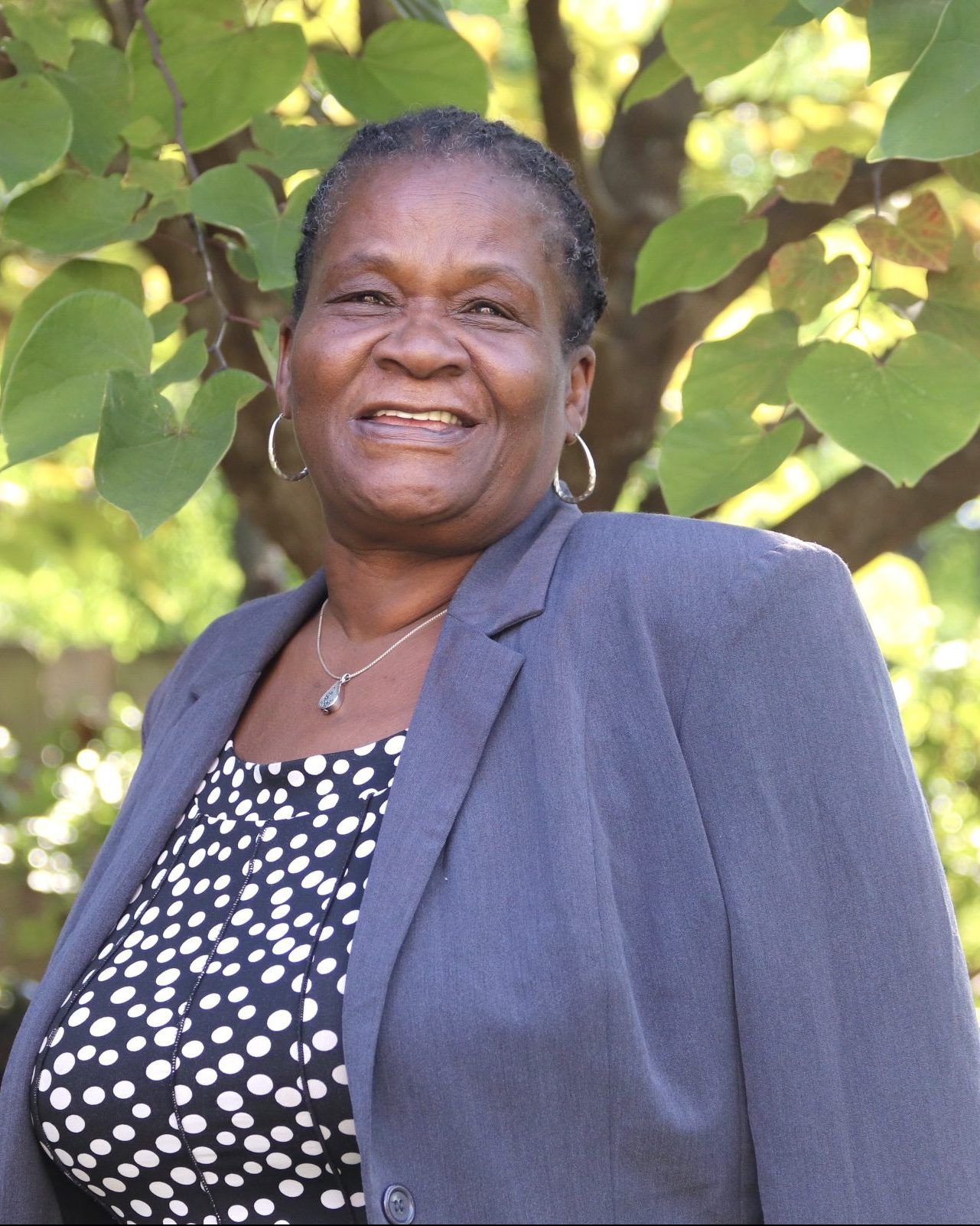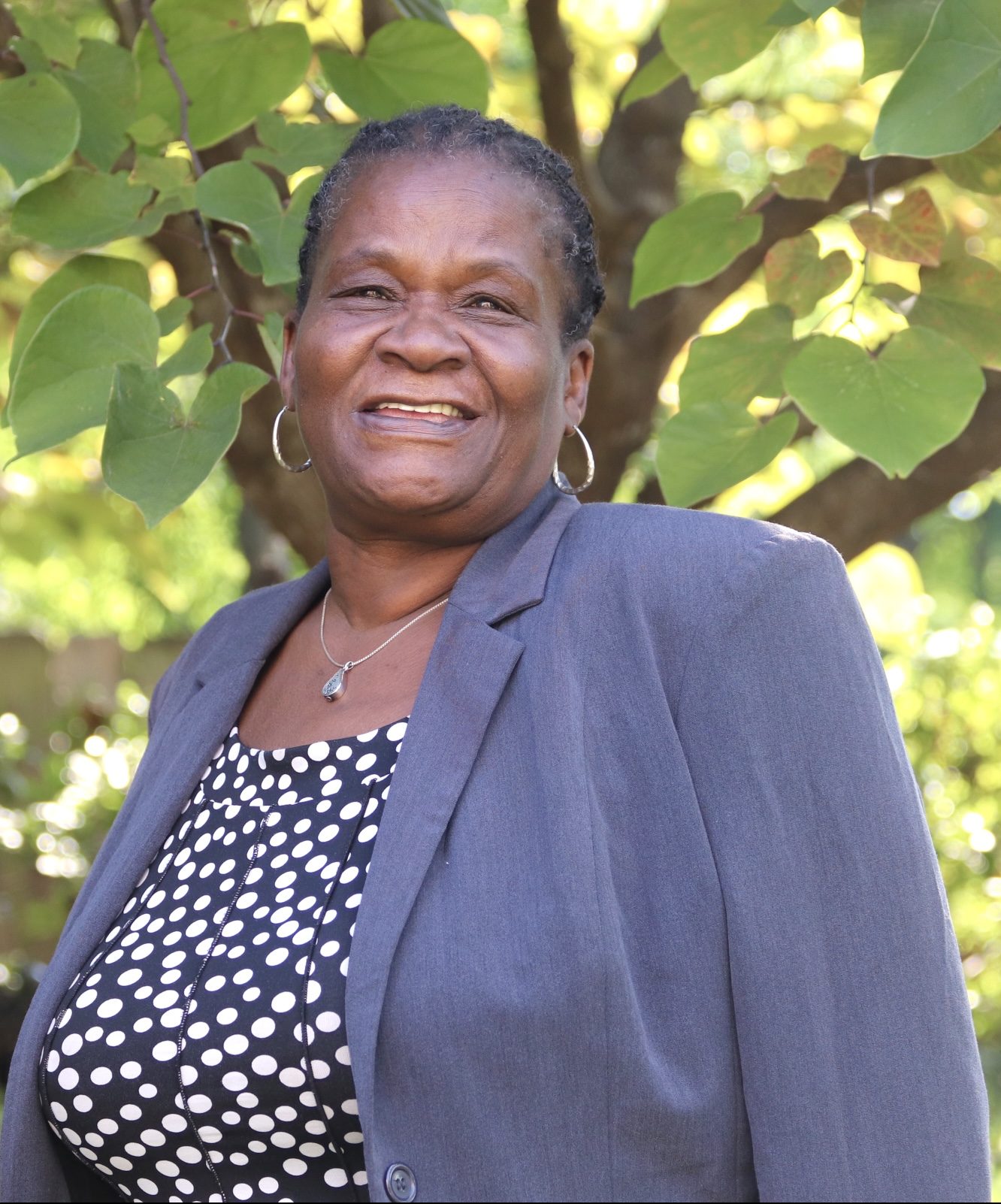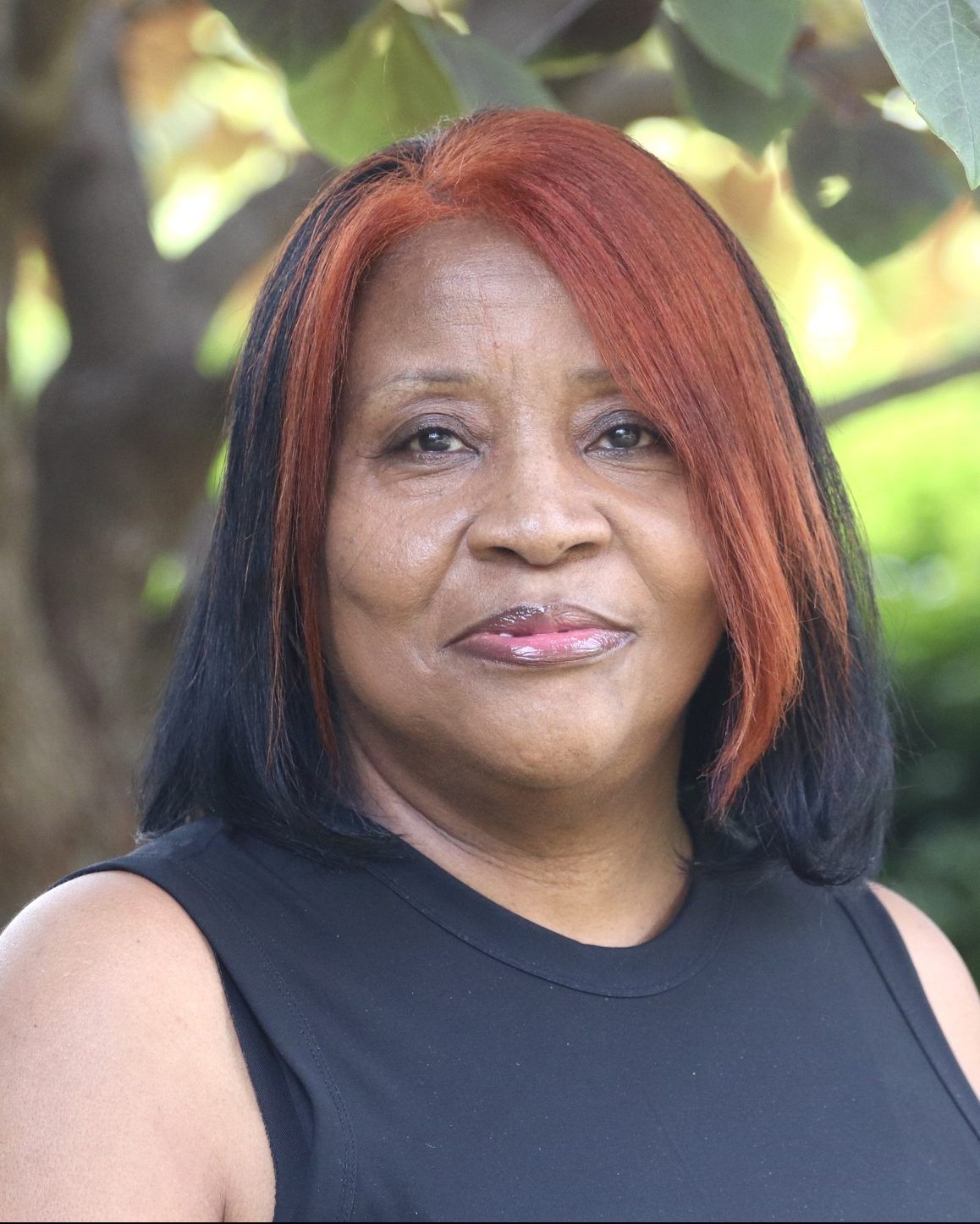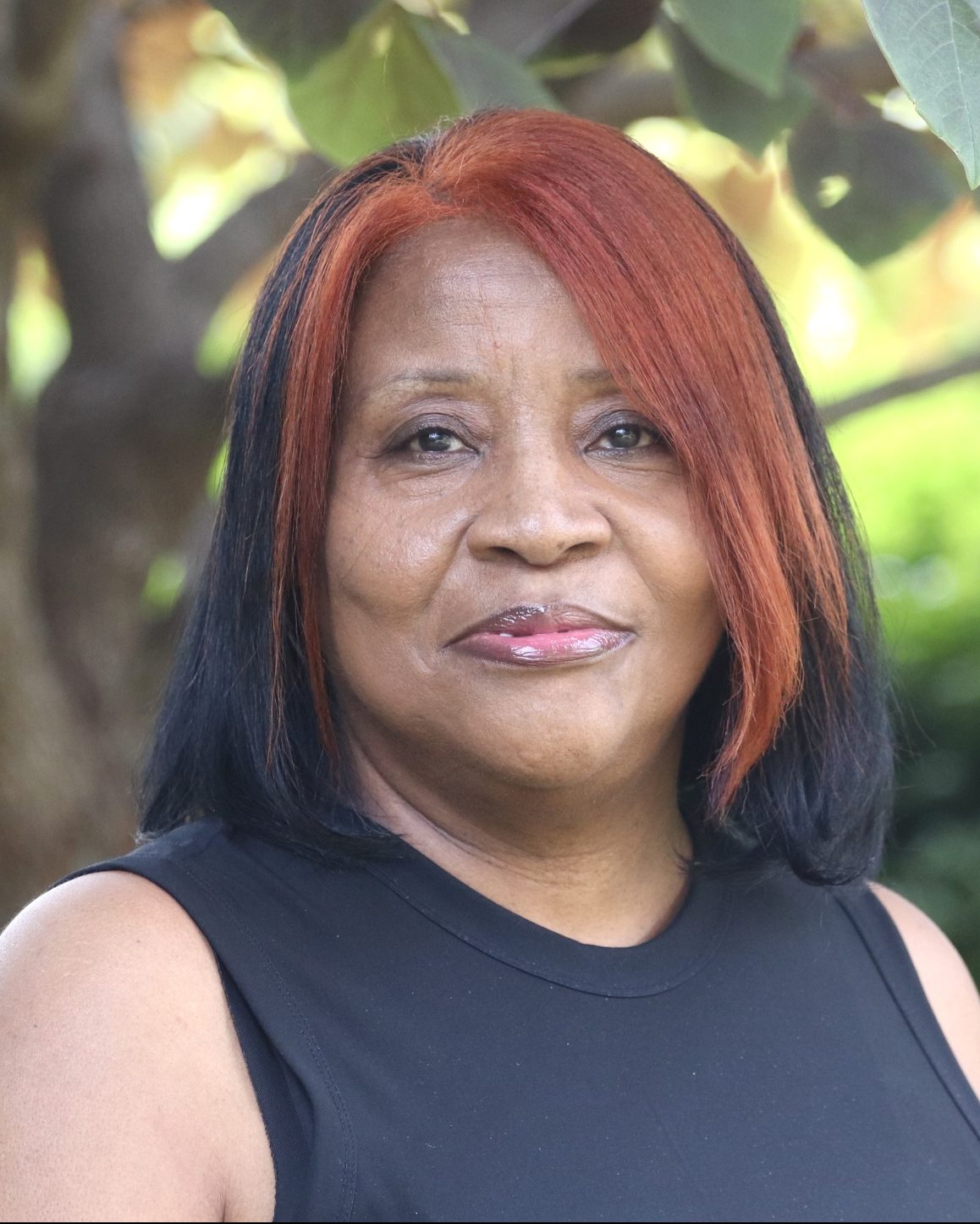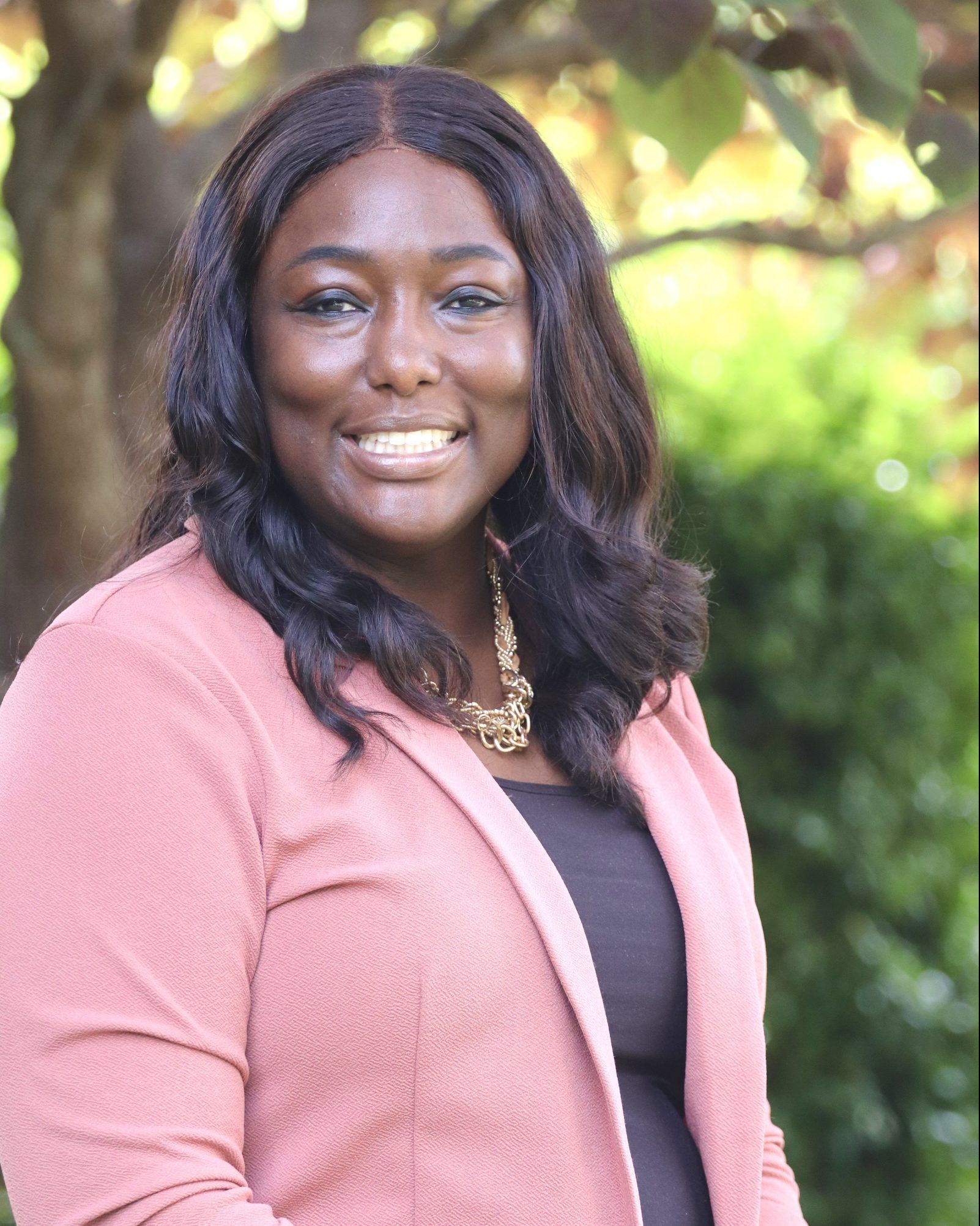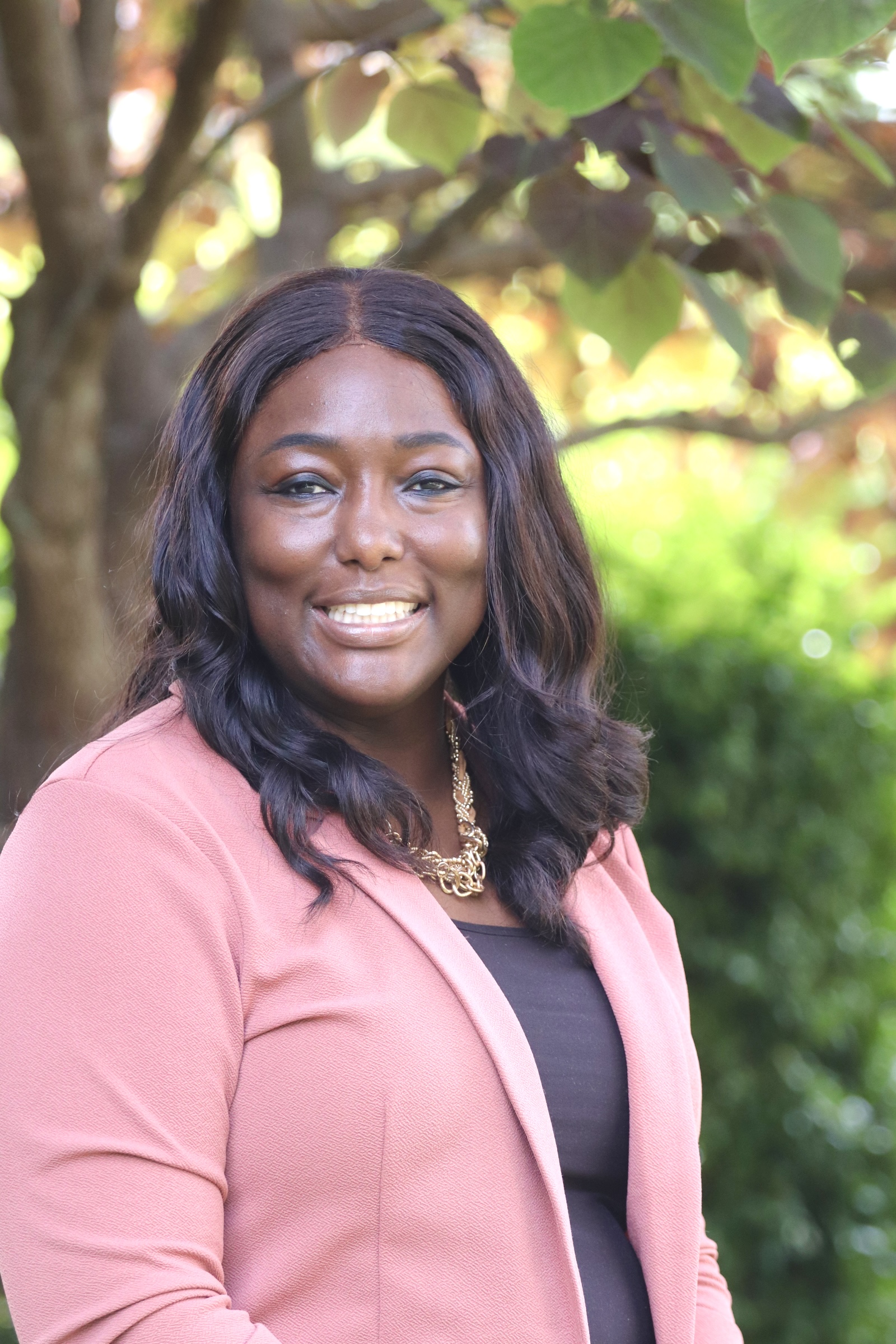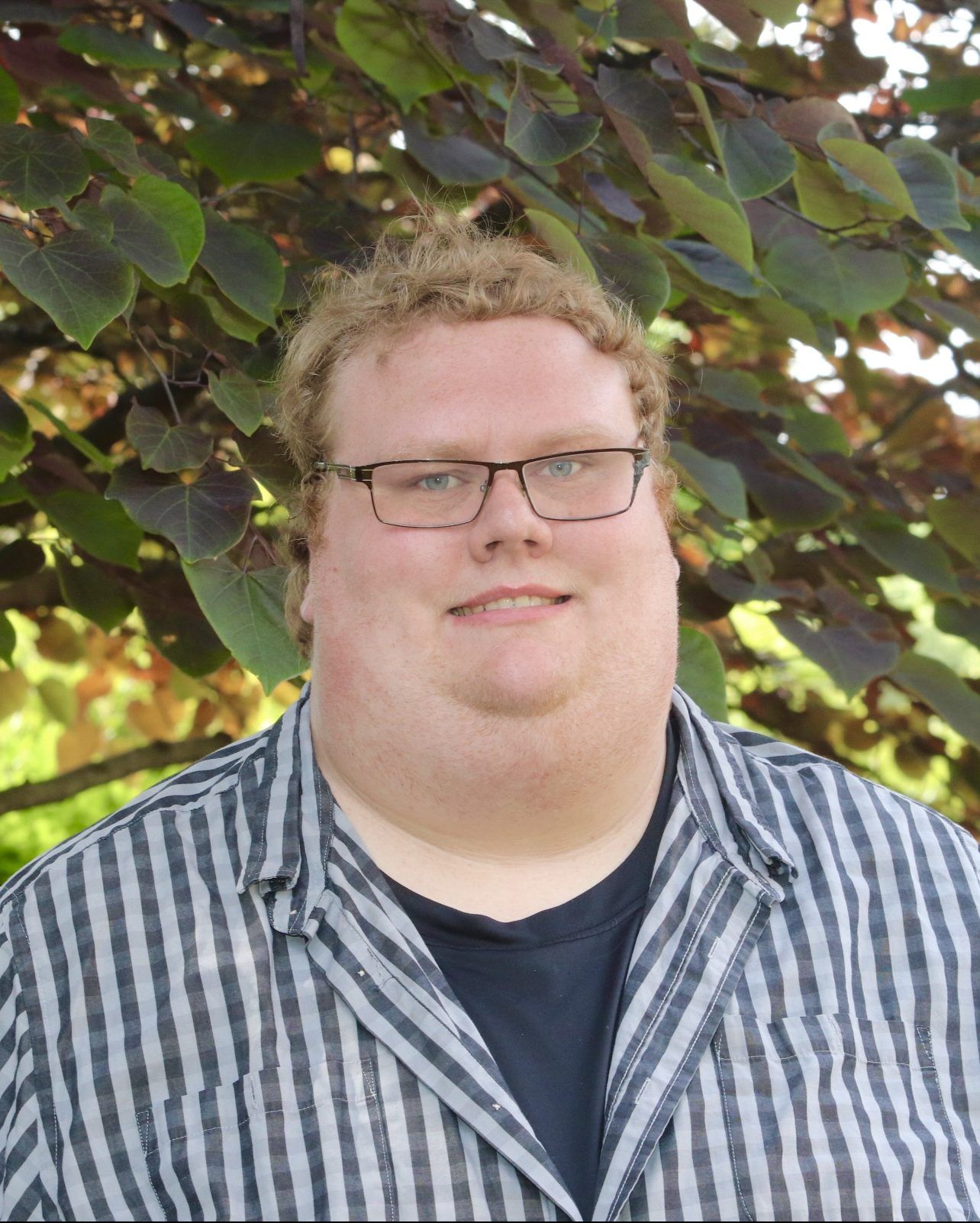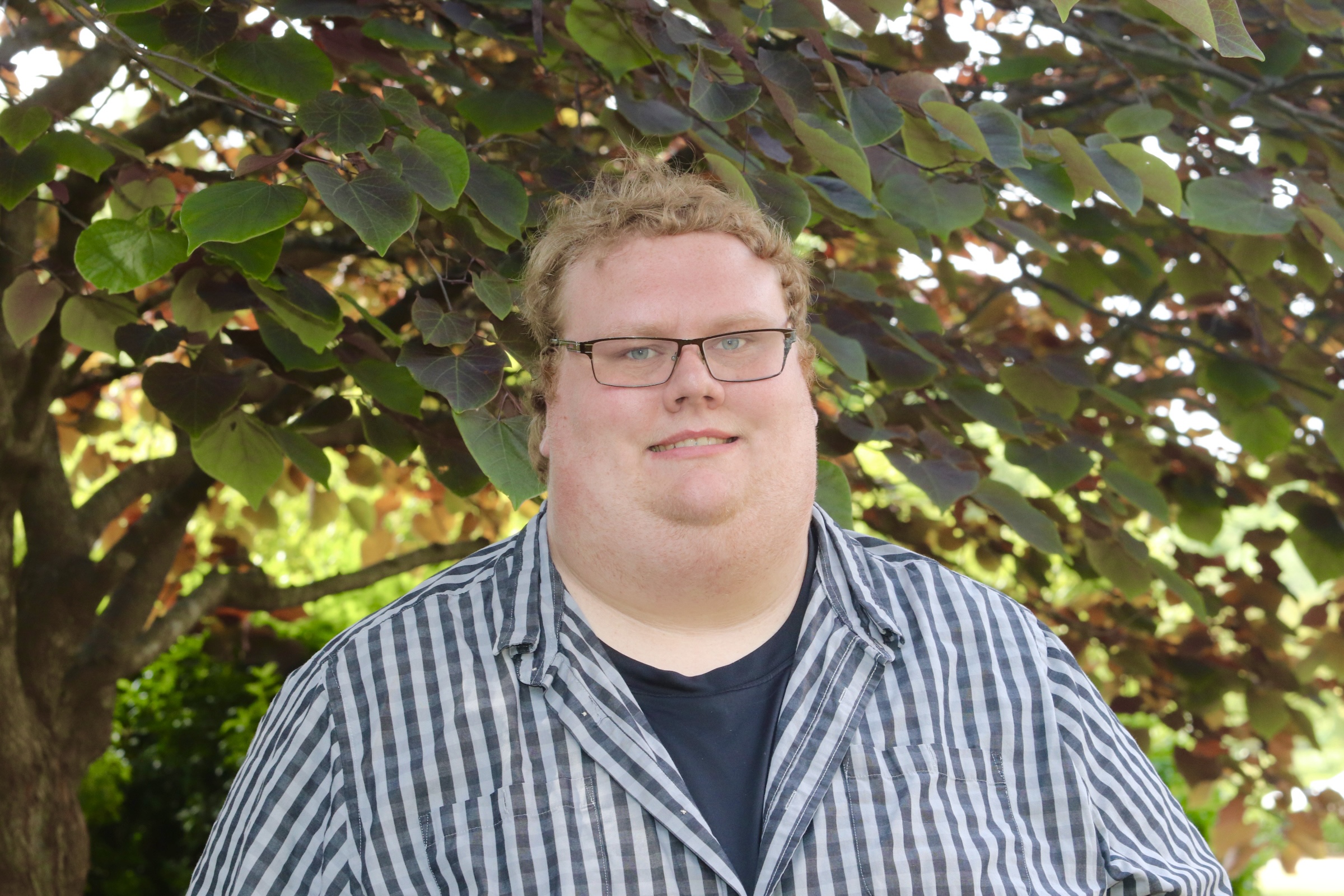6 Tips for Promoting Inclusion and Reducing Tokenization of Lived Experience Professionals by Rachael Landau
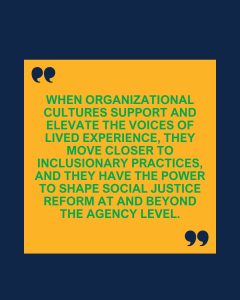
As organizations continue to grow and strengthen their inclusionary practices for lived experience professionals, there are some factors that should be considered by the organizations. Agencies and organizations that employ lived experience professionals should be thoughtful and intentional in their efforts to avoid tokenizing these individuals. Tokenization may occur when an agency appears to be inclusive, however, their organizational practices do not encourage authentic engagement, both in terms of decision-making and providing opportunities for engagement, rather than limiting their involvement. When organizational cultures support and elevate the voices of lived experience, they move closer to inclusionary practices, and they have the power to shape social justice reform at and beyond the agency level. Agencies should be prepared to ensure that these employees are valued, respected, and considered at all levels of decision-making. Here are some tips for promoting inclusion and reducing tokenization of lived experience professionals:
1. Assess for readiness and do some homework: it’s vital that employers understand the complexity and value of lived experience and the ways in which these perspectives can strengthen the mission of the agency.
2. Create opportunities for lived experience professionals to be involved in decision-making: this is especially important in terms of decisions that may potentially impact them directly or the youth and families they work with. Not only should they be included in these efforts, but their voices should be elevated and validated.
3. Collaborate effectively with lived experience professionals: employers need to recognize the valuable perspective that lived experience professionals bring to the organization and create opportunities for authentic allyship and partnership with these team members.
4. Individualize your approach: there is no “one-size-fits-all” when it comes to lived experience, so naturally, there should not be a cookie-cutter approach in supporting these professionals.
5. Avoid minimizing the experiences of others: a person’s experience is just that: THEIR EXPERIENCE. When professionals share their experiences, it is so important that their employers validate and honor what is shared.
6. Empower and identify opportunities for personal and professional growth: lived experience professionals should be provided with opportunities to advance their knowledge and skills, as well as share their knowledge and skills with others.
By promoting the inclusion of lived experience professionals and creating opportunities for their personal and professional growth, everybody wins. Organizations are privileged to employ staff who are willing and able to share their lived experience to impact the lives of others. The perspectives that these professionals bring have the potential to shed light on systemic issues and bridge gaps to promote social justice, diversity, equity, and inclusion. The knowledge and skills that they bring to the table are unique and cannot be learned in a classroom or read about in a book. Therefore, these professionals should continue to be elevated, supported, utilized intentionally, and most importantly, valued.
